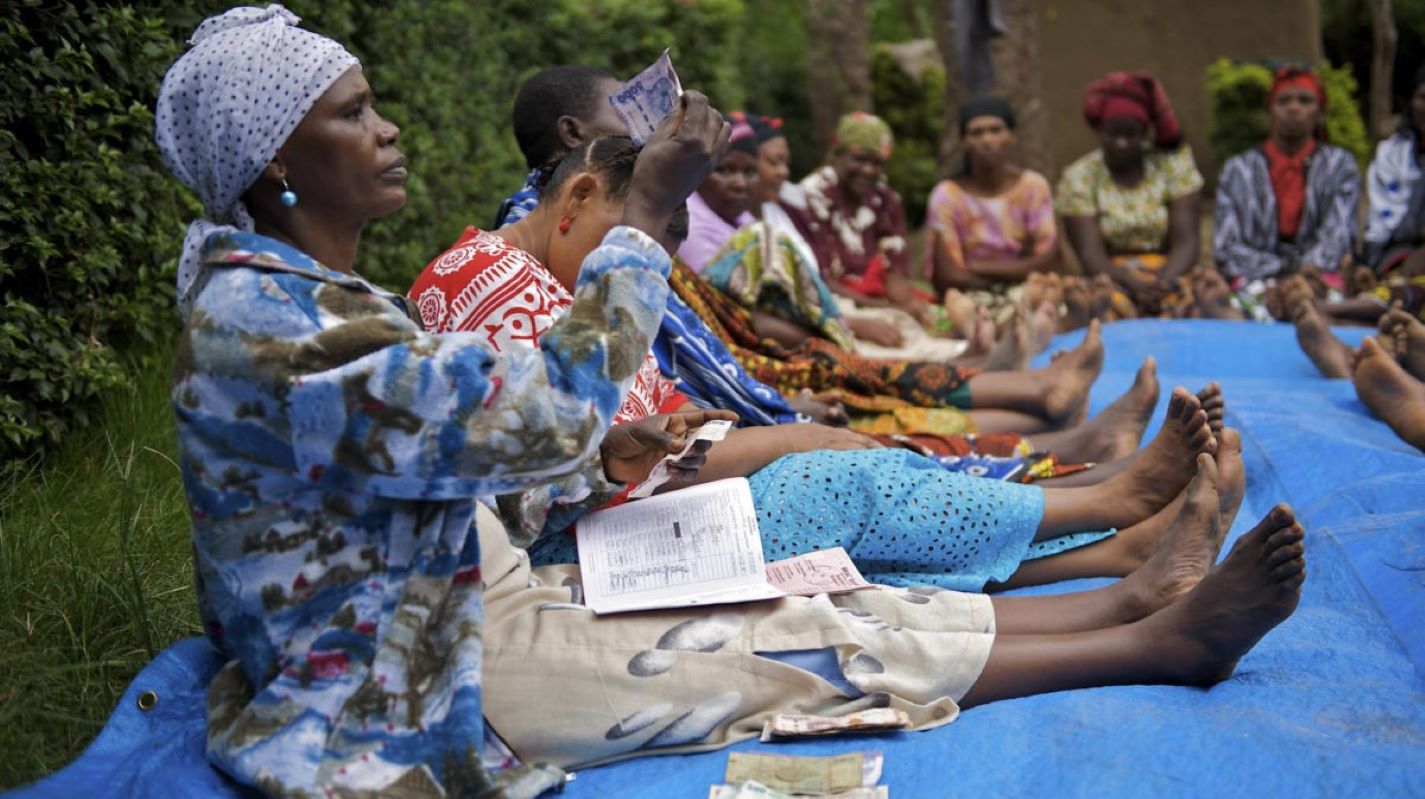Decoding Digitally Enabled Financial Privacy: What it Means for Women

Members of a microfinance group | Photo Credit: Shehzad Noorani (BRAC)
Context
Financial privacy is thought of as a key pathway for women’s economic empowerment, and digital financial services (DFS) can enable greater control and privacy over women’s finances. Providers, policy makers and researchers often assume that providing women an opportunity to conceal their income from their family is good, as it allows them to avert social pressure to share resources and increase their control over resources. However, the meaning and value of financial privacy for low-income women is ambiguous and culturally contextual, and this assumption is neither well-understood (in literature or practice) nor backed by rigorous evidence. In some cases, financial privacy and the ability to conceal income (whether utilized or not) can adversely affect women’s empowerment and well being, potentially leading to violence or undermining a woman’s long-run position in a relationship.
Whether and how women prefer privacy in their financial interactions and what aspects of privacy women value has not been quantified or studied previously. This research aims to understand these preferences, the role of digital financial services in facilitating or inhibiting privacy, and the relationship between privacy and women’s empowerment.
Study Design
This project will adopt a mixed methods approach conducted over two phases in order to understand the definition and experience of privacy for women in low-income areas of Nairobi, Kenya, the perceived link between privacy and women’s empowerment, and establish a metric that quantifies the demand for different aspects of financial privacy.
Phase 1 will produce qualitative insights through In-Depth Interviews and Focus Group Discussions with women who are all earning an independent income, but are of varying age groups, occupation types, and parity status (which can influence financial bargaining power within a household). This phase will focus on understanding the link between empowerment and privacy (as perceived by individuals), seeking to understand the role of privacy in household decision-making and women’s economic empowerment. Researchers will gather feedback on the pathways through which privacy can change outcomes for women in the short and long run, and will explore the potential negative effects of income concealment on women’s individual and intrapersonal well-being.
Using these results, researchers will design a behavioral lab experiment measuring women’s willingness to pay for financial privacy from their spouses in Phase 2. A sample of married couples will be given the opportunity to participate in a lottery, and will allow individuals to decide whether they would like to pay a cost to learn lottery results privately rather than in front of their partner. Researchers will vary this cost of privacy, enabling them to measure participants’ willingness to pay (WTP) for financial privacy, as well as how baseline levels of empowerment are related to women’s WTP.
The experiment will help quantify the demand for privacy among men and women and provide suggestive evidence on the types of individuals and households for whom privacy is valuable.
Results and Policy Lessons
This project is ongoing, results are forthcoming.

